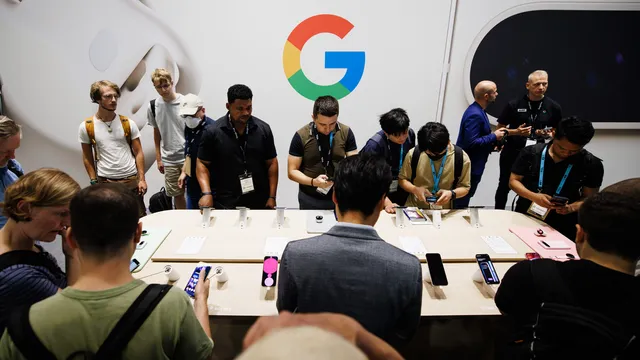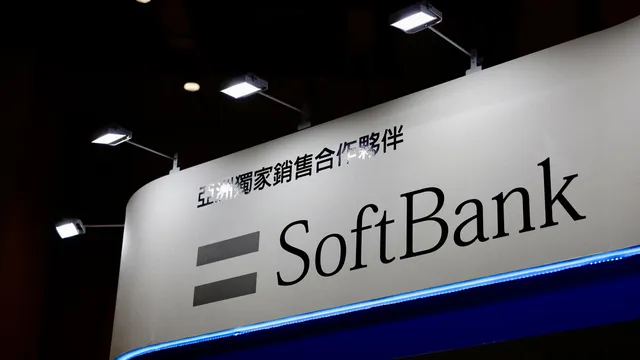Google unveiled the new generation of Pixel 10 smartphones, in which artificial intelligence is integrated into the very core of the Android mobile operating system, AFP reported. Alongside the smartphones the company showed a foldable model, an updated Pixel smartwatch and headphones, all connected within a single AI ecosystem.
“Pixel remains the best way for people to try Google’s newest and most cutting-edge AI technologies,” said product manager Tyler Kugler in a briefing with journalists.
Although Pixel occupies only a small share of the premium smartphone market, dominated by Apple, Samsung and Xiaomi, Google’s devices serve as a platform for the internet giant to demonstrate the capabilities of Android and its own hardware-software integration.
“Initially Pixel devices were created as a technological showcase to limit Android fragmentation and accelerate innovation. Ten years later the strategic challenge remains not to become a market leader, but to show the value of Google’s integrated ecosystem,” commented Thomas Yuson, chief analyst at Forrester.
In the era of artificial intelligence, Pixel is turning into a kind of laboratory for innovation and a tool to counter Apple’s strategy of tight integration between hardware, software and services, without breaking its partnership with Samsung and the broader Android ecosystem.
The new Pixel smartphones rely on Gemini — an AI assistant that can “see” through the cameras, recognize objects, places and situations, and offer responses or advice. Gemini senses the speaker’s mood and adapts its tone, and can also provide photo suggestions.
Google also introduced the Pixel Watch 4, described as the biggest update to the line to date. The watch features a new design and improved sport and health-tracking capabilities, distinguishing activities from walking and cycling to tennis. It also allows users to control Gemini directly from their wrist.
The company emphasized that while Apple is lagging in the AI race, Google aims to embed artificial intelligence across all its products, competing with Amazon, Meta and Microsoft. | BGNES

 Breaking news
Breaking news
 Europe
Europe
 Bulgaria
Bulgaria







